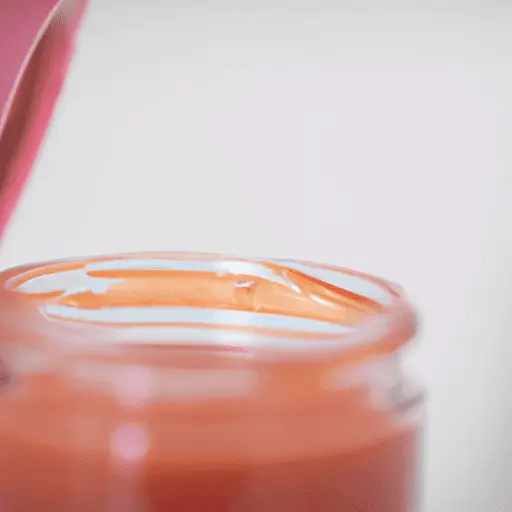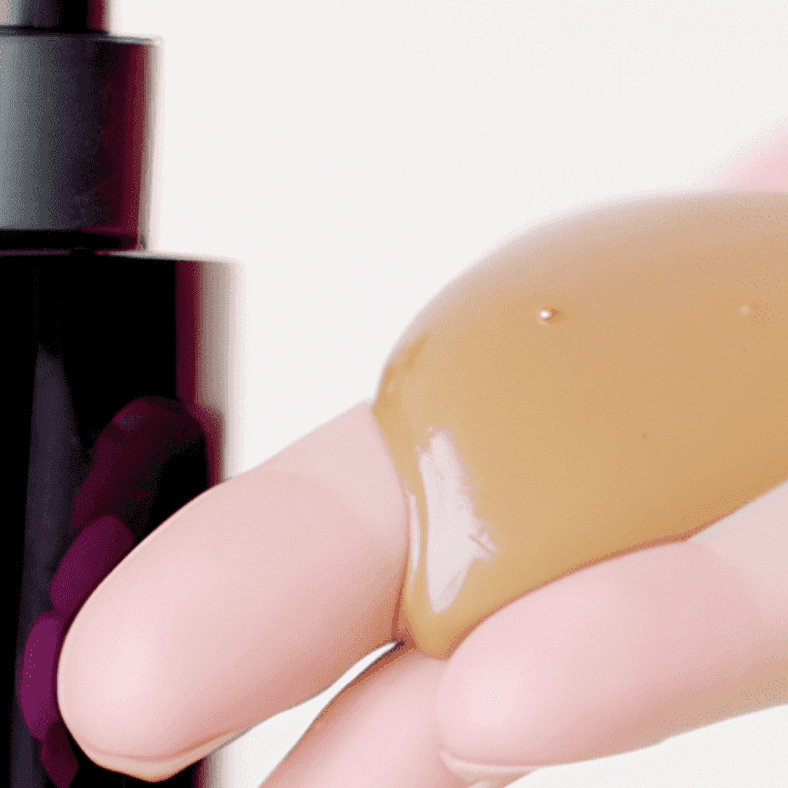-
Table of Contents
- Clearing Up the Oiliness Myth: Understanding Oily Skin
- Key Takeaways
- Unmasking the Oily Skin Phenomenon
- The Science Behind Oily Skin
- Debunking Oiliness Myths
- FAQ Section: Understanding and Managing Oily Skin
- 1. What causes oily skin?
- 2. Can diet affect oily skin?
- 3. Should I skip moisturizer if I have oily skin?
- 4. Can washing my face often help control oil?
- 5. Are there professional treatments for oily skin?
- Conclusion: Embracing Your Skin Type
- Further Analysis
Clearing Up the Oiliness Myth: Understanding Oily Skin

[youtubomatic_search]
Key Takeaways
- Oily skin is a result of overactive sebaceous glands, not poor hygiene or diet.
- Excessive washing and scrubbing can exacerbate oil production.
- Oil-free and non-comedogenic products are best for oily skin.
- Moisturizing is crucial for oily skin to maintain skin health and balance oil production.
- Professional treatments can help manage oily skin, but it’s essential to maintain a consistent skincare routine.
Unmasking the Oily Skin Phenomenon
For many, oily skin is a daily struggle. It’s often associated with frequent breakouts, enlarged pores, and a shiny complexion. However, there are many misconceptions about oily skin that can lead to improper care and exacerbate the problem. This article aims to debunk these myths and provide a comprehensive understanding of oily skin.
The Science Behind Oily Skin
Oily skin is primarily caused by overactive sebaceous glands that produce excess sebum, a natural skin oil. Contrary to popular belief, oily skin is not a result of poor hygiene or diet. According to a study published in the Journal of Clinical and Aesthetic Dermatology, there is no direct correlation between diet and oil production. Instead, factors like genetics, hormonal changes, and environmental conditions play a significant role.
Debunking Oiliness Myths
One common myth is that oily skin doesn’t need moisturizing. However, skipping moisturizer can actually trigger your skin to produce more oil to compensate for the lack of hydration. Dermatologist Dr. Joshua Zeichner, in an interview with Allure, emphasized the importance of moisturizing even for oily skin types. He recommends using oil-free and non-comedogenic products that won’t clog pores.
Another misconception is that excessive washing and scrubbing can help control oil. In reality, this can strip the skin of its natural oils, causing it to produce even more oil to compensate. The American Academy of Dermatology suggests washing your face twice a day and after sweating heavily to manage oily skin effectively.
FAQ Section: Understanding and Managing Oily Skin
1. What causes oily skin?
Oily skin is caused by overactive sebaceous glands that produce excess sebum. Factors like genetics, hormonal changes, and environmental conditions can influence oil production.
2. Can diet affect oily skin?
While a healthy diet is beneficial for overall skin health, there’s no direct correlation between diet and oil production according to scientific research.
3. Should I skip moisturizer if I have oily skin?
No, moisturizing is crucial for all skin types, including oily skin. It helps maintain skin health and balance oil production. Opt for oil-free and non-comedogenic moisturizers.
4. Can washing my face often help control oil?
Excessive washing can strip the skin of its natural oils, causing it to produce more oil. It’s recommended to wash your face twice a day and after sweating heavily.
5. Are there professional treatments for oily skin?
Yes, treatments like chemical peels, laser therapy, and certain medications can help manage oily skin. However, maintaining a consistent skincare routine is also essential.
Conclusion: Embracing Your Skin Type
Understanding oily skin is the first step towards effective management. It’s crucial to debunk the myths surrounding oily skin and adopt a skincare routine that caters to your skin type. Remember, oily skin is not a result of poor hygiene or diet, and excessive washing can do more harm than good. Moisturizing is essential, and using oil-free and non-comedogenic products can help manage oiliness. While professional treatments can provide relief, maintaining a consistent skincare routine is key.
[youtubomatic_search]
Further Analysis
In conclusion, the key takeaways from this article are:
- Oily skin is a result of overactive sebaceous glands, not poor hygiene or diet.
- Excessive washing and scrubbing can exacerbate oil production.
- Oil-free and non-comedogenic products are best for oily skin.
- Moisturizing is crucial for oily skin to maintain skin health and balance oil production.
- Professional treatments can help manage oily skin, but it’s essential to maintain a consistent skincare routine.

Leave a Reply